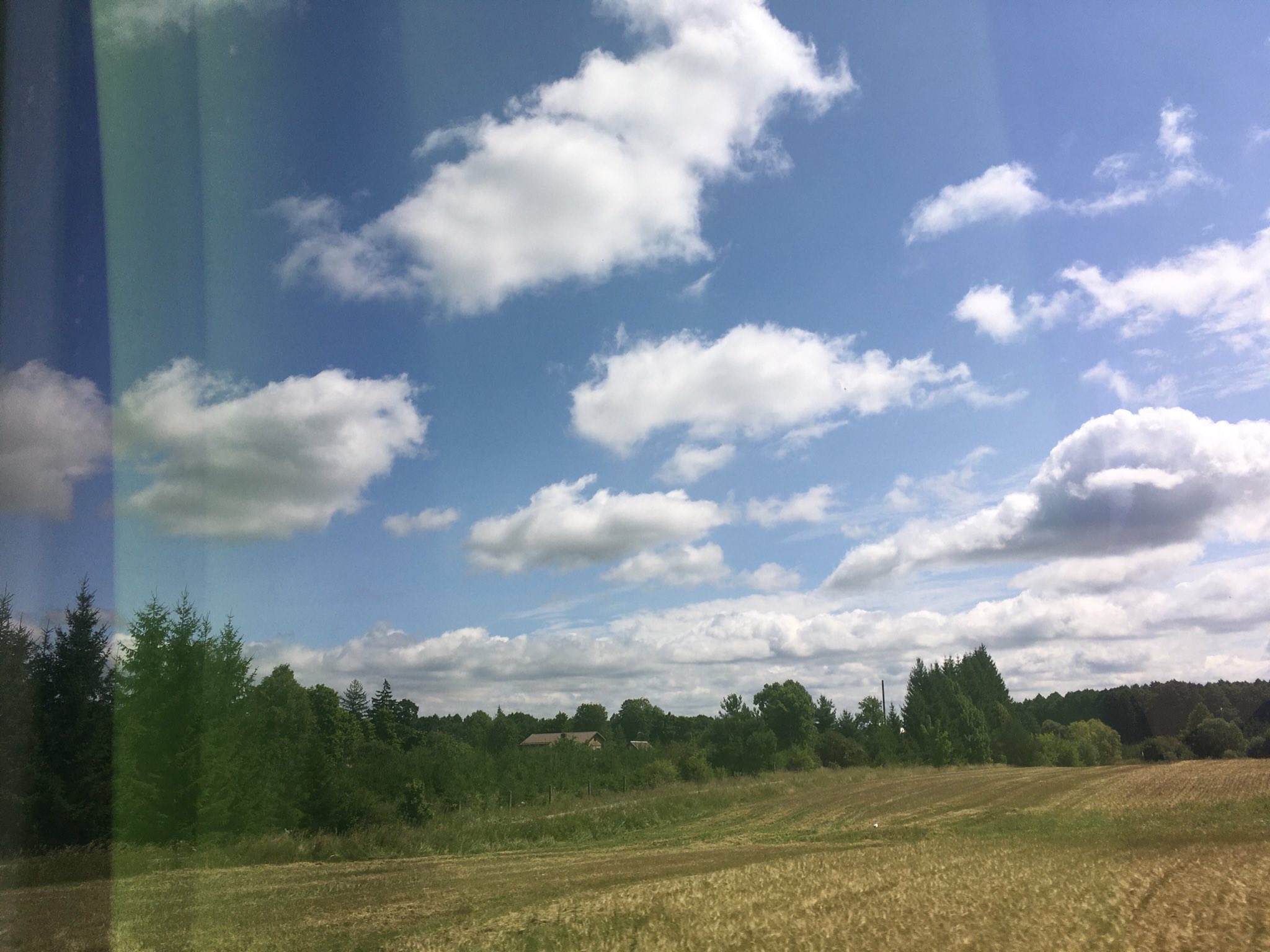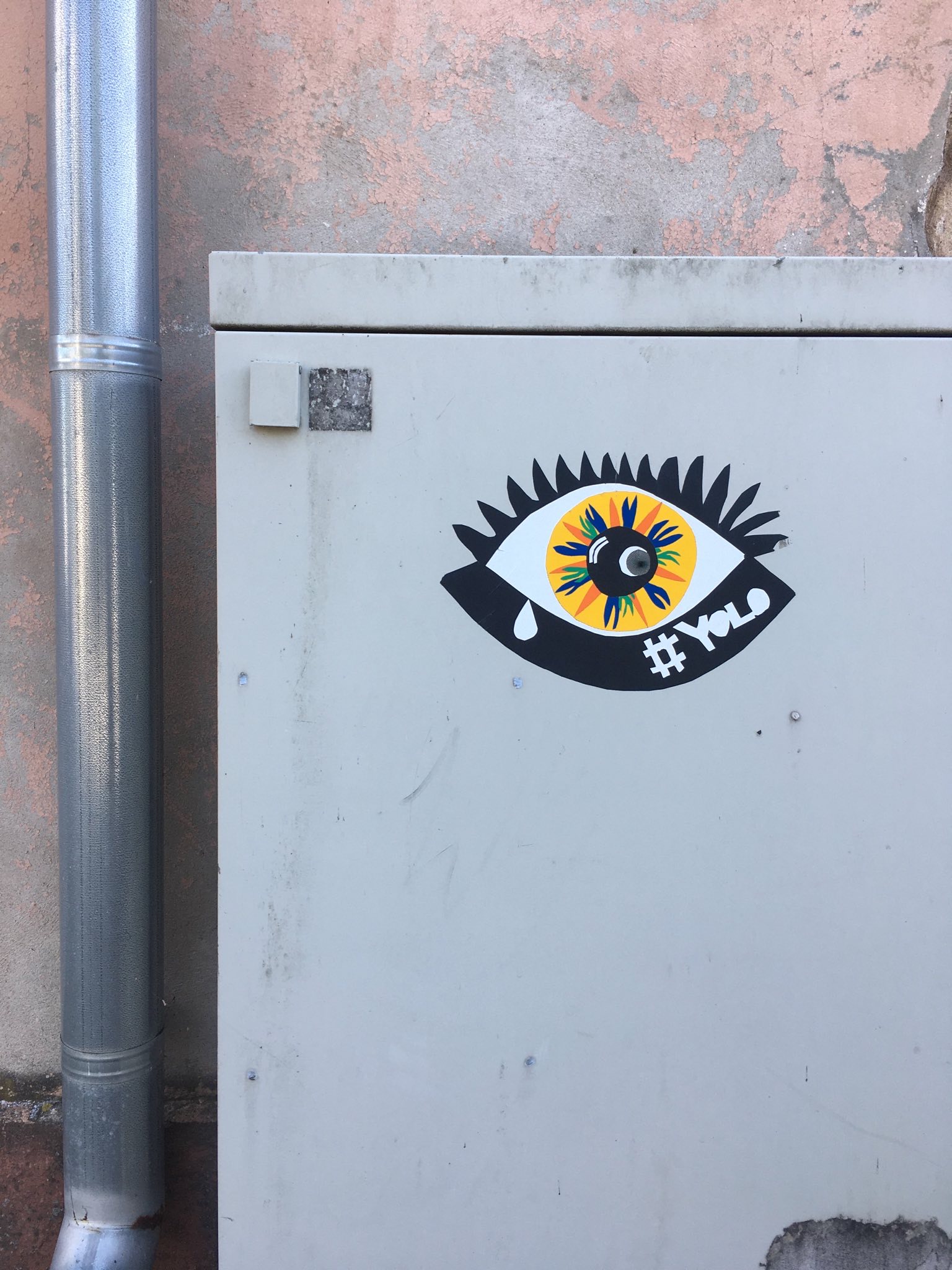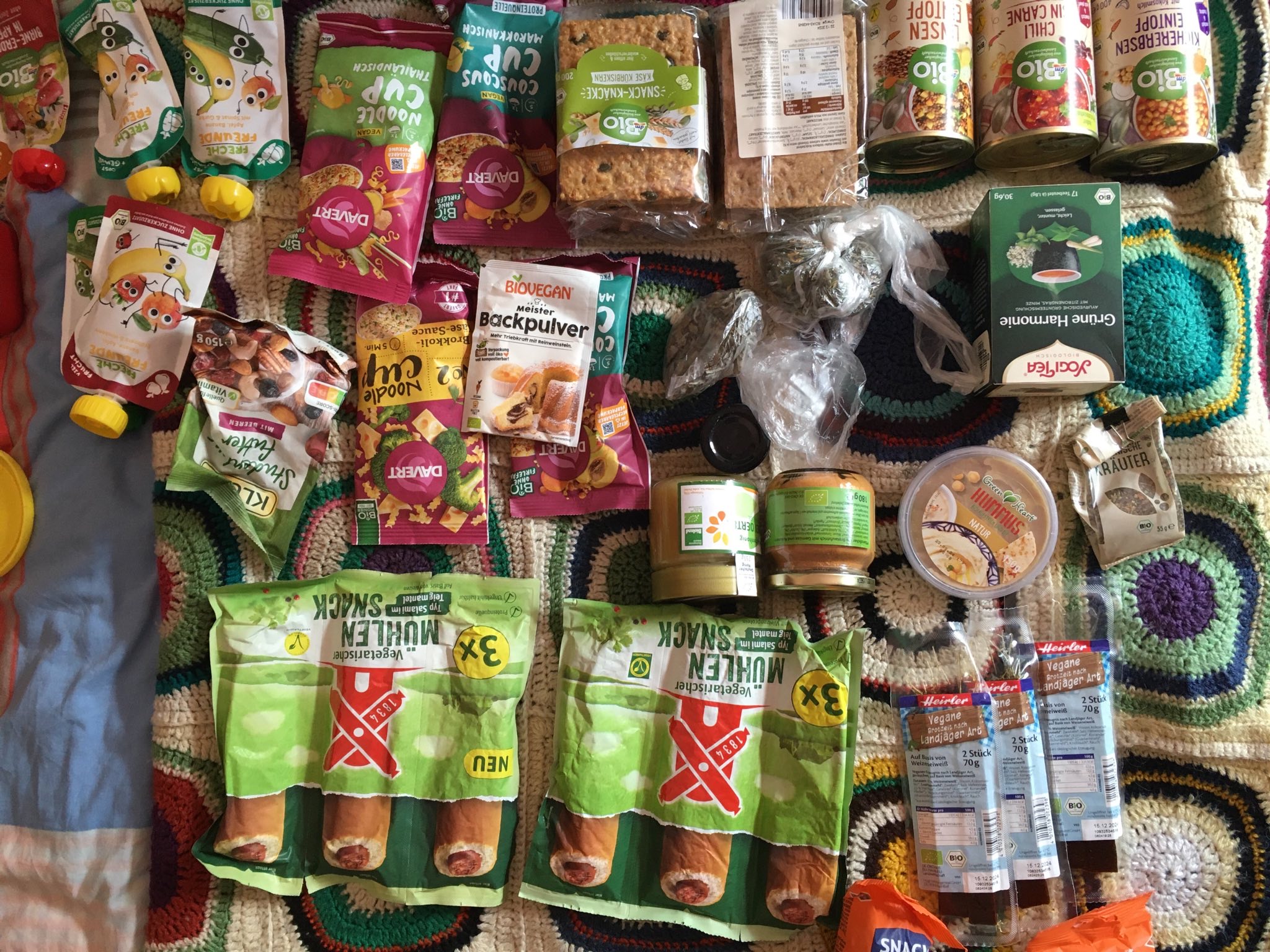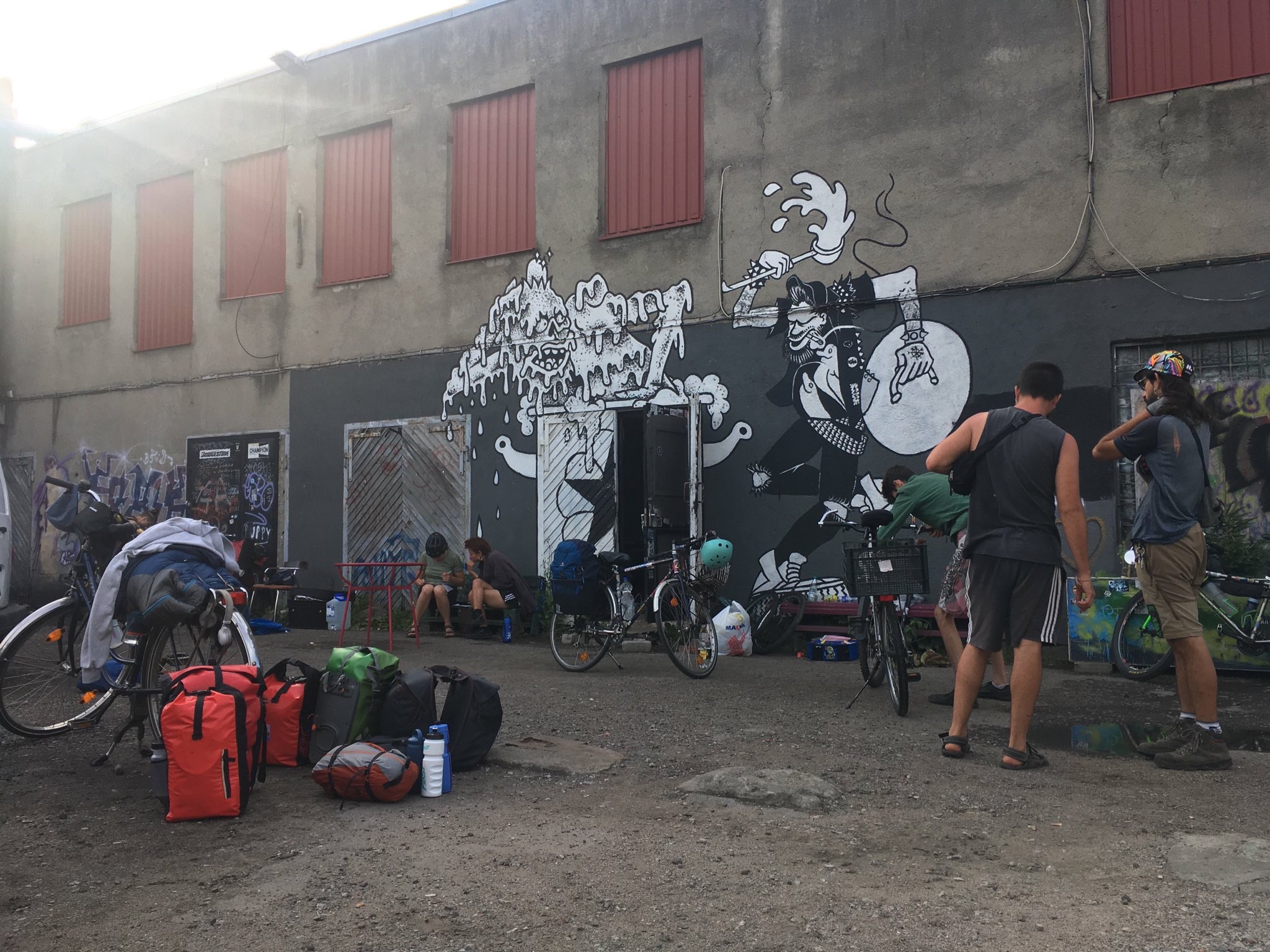
Passed the despair of missing the only direct Flixbus from Berlin to Tallinn (22h), Galina and I decided to make new friends. If you ever feel lonely in your travels, Flixbus stations are the right place to make new friends: you share the frustration of your bus being delayed, the joy of being able to fit your bicycle in the back, you get to chat about the place people are leaving or the one they’re going to -I even managed once to convince the person sitting next to me to book an appointment with a therapist (it took more than 3 hours though). Everything is possible. Last but not least, you get to see people the way they truly are -no fashion when you have to fold your legs to be able to sleep a little, no glitter in the tiny smelly toilets.
Keep reading, we’re getting there.
After wiping the sweat under our armpits and the tears on our faces (yes, we felt pretty miserable leaving our place too late and getting out at the wrong metro station), we tried to book a Flixbus last minute, triple more expensive than our budget would allow.. I had to ask my little brother to sponsor our trip, as a gift for my 30th birthday which happened 6 months earlier. We struggled at it too, as from a moment to another, the website wouldn’t offer the bicycle option, and we didn’t want to count on the good will of the Flixbus driver to let us try to fit them in the trunk -these drivers are so unpredictable, in the worst but also, sometimes, in the best understanding of it.

We overheard a group of young people talking and, as we had nothing else to do apart from figuring out how to somehow reach Tallinn, we started a conversation. Try to picture the golden youth of London. Make it more golden. Yes, this is it. They were three brothers and the girlfriend of the oldest one. The girlfriend was born in France, grew up in Geneva, and went to a boarding school in London, where she stayed. They all had sailing bags, were wearing sunglasses, had shirts open on their chest and the most londonian accent you can imagine. They were pissed by the heat, but most of all, pissed that that they couldn’t catch their flight to Greece, where they were planning to go sailing with their family. As a matter of fact, all flights got cancelled that day. Indeed, there was a worldwide IT outage happening, causing disruptions of airlines, banks, broadcasters, health providers, cash machines, etc. Our new friends even got interviewed by a journalist from the Tagspiegel. They complained that their words were not written the way they said it.
Behind us was a group of four dudes talking a language we couldn’t quite understand. We interrupted them smoking cigarettes and drinking beers as we simply decided to ask them where were they coming from. They were Georgian. As Galina has some Caucasian roots, we continued chatting. We said how impressed we were by the goal keeper of the Georgian football team, during the Euro games which finished a couple of days before. In fact, we assumed they were in Berlin to attend the games. It turned out they barely knew which goal keeper we were talking about, as none of them was really into football. We assumed they were probably travelling then, or visiting a friend. “How did you like Berlin?”, we asked. They looked at each other and replied “It was the worst place ever”. Yes, Berlin can be smelly, busy, and you have to spend quite some time with Berliners to perhaps, at the some point, maybe enjoy their company. But the worst place ever ? Come on. So they told us their story.

A person on a Georgian website offered them jobs, as receptionists in a hotel in Berlin. As they reached Berlin, this person never answered their calls and emails. “It would have been a really good job, we would have been paid 12 euros/hour”. Galina and I looked at eachother, perplexed — 12 euros is not much, actually. “This is what Georgians earn after one full day of work”, they said. Since they had nowhere to go, they went to a hostel and tried to figure things out for about 3 weeks. When we met them, they looked so worn out, sad and desperate. “All our savings are gone”. So they were on their way to Warsaw, where one of their friends got them a job in a factory. Their would stand there all day and make sure the machines building micro-pieces of cars would run smoothly. “We’re willing to have any kind of job in any european country which would grant us a Schengen visa”.
So here they are, in Warsaw, the end destination of our bus, trying to figure out where they have to go now. It’s 2am and the young Londonians ask us where they can grab a taxi. Behind them, masses of people speak Russian and Ukrainian. The buses indicate their destination: Kyiv.
Obviously, Galina and I were not the only ones having a shitty day. Hearings all these stories and encountering all these interactions around us made us relativise on our situation. After all, some people’s problems are other people’s dreams.






